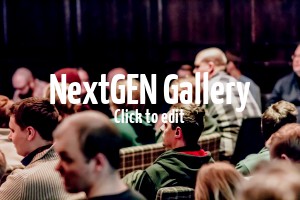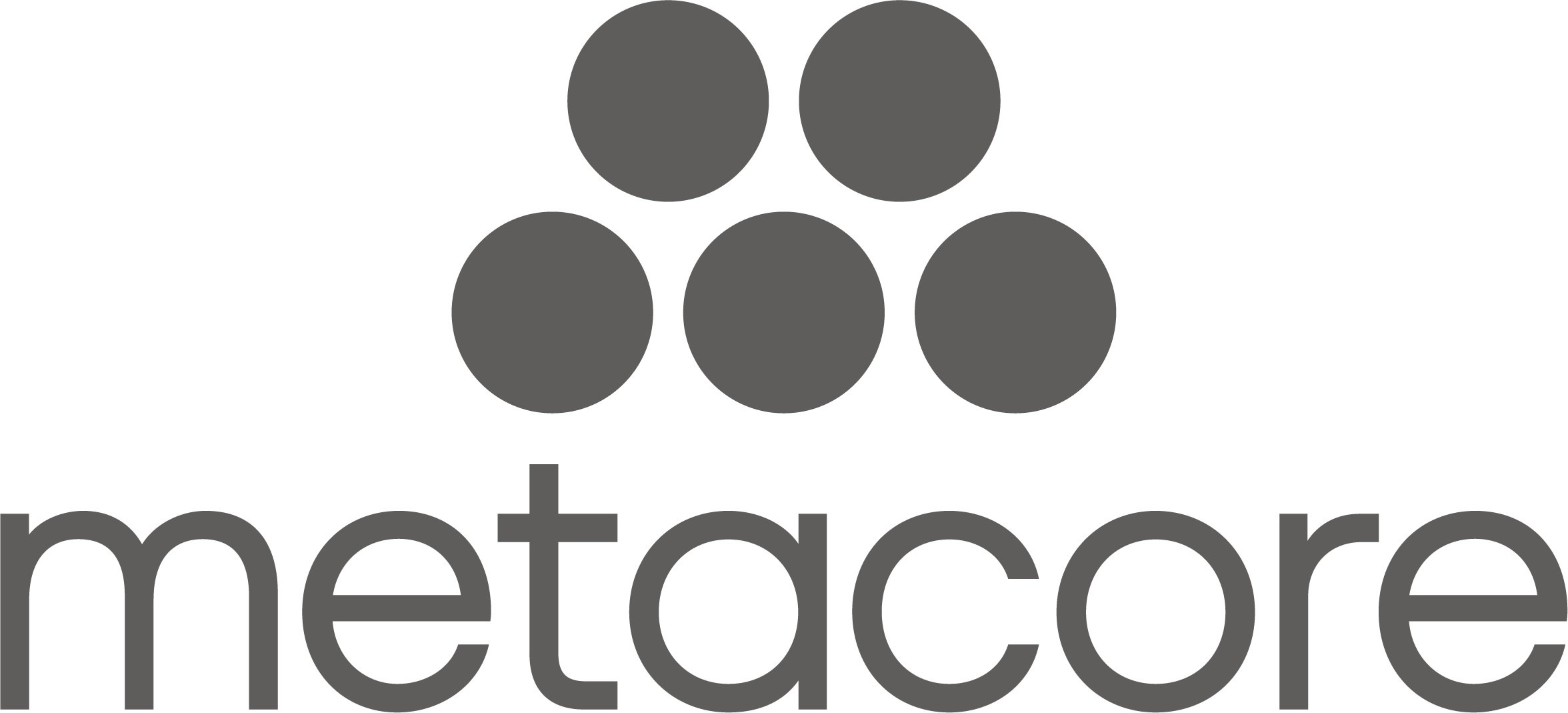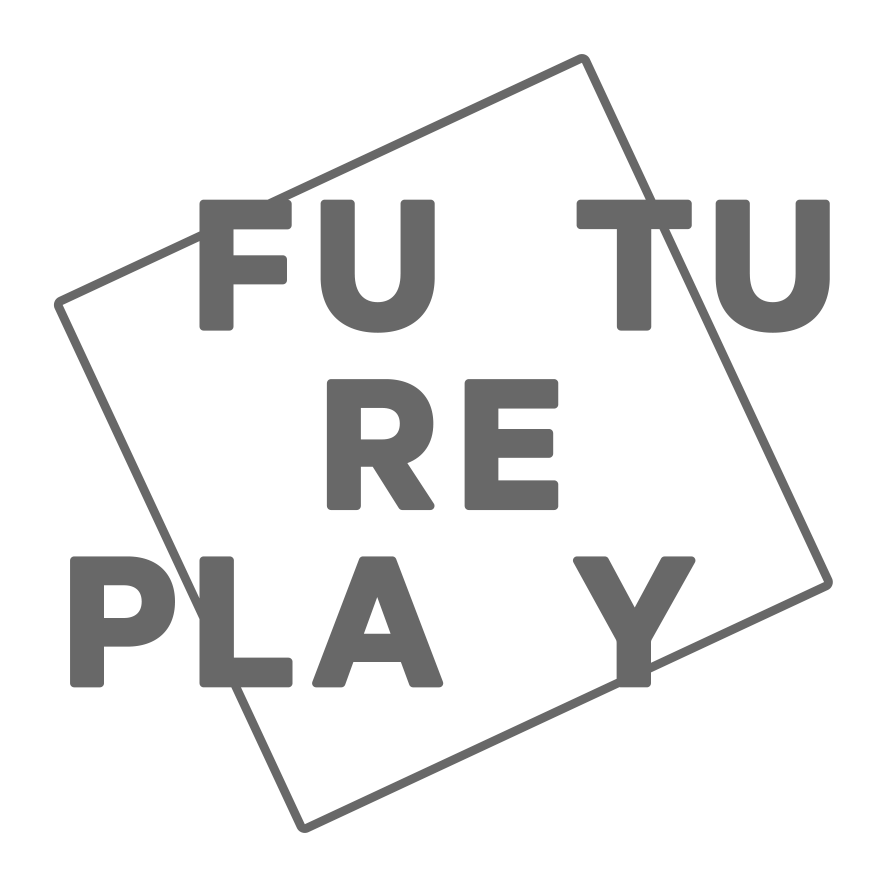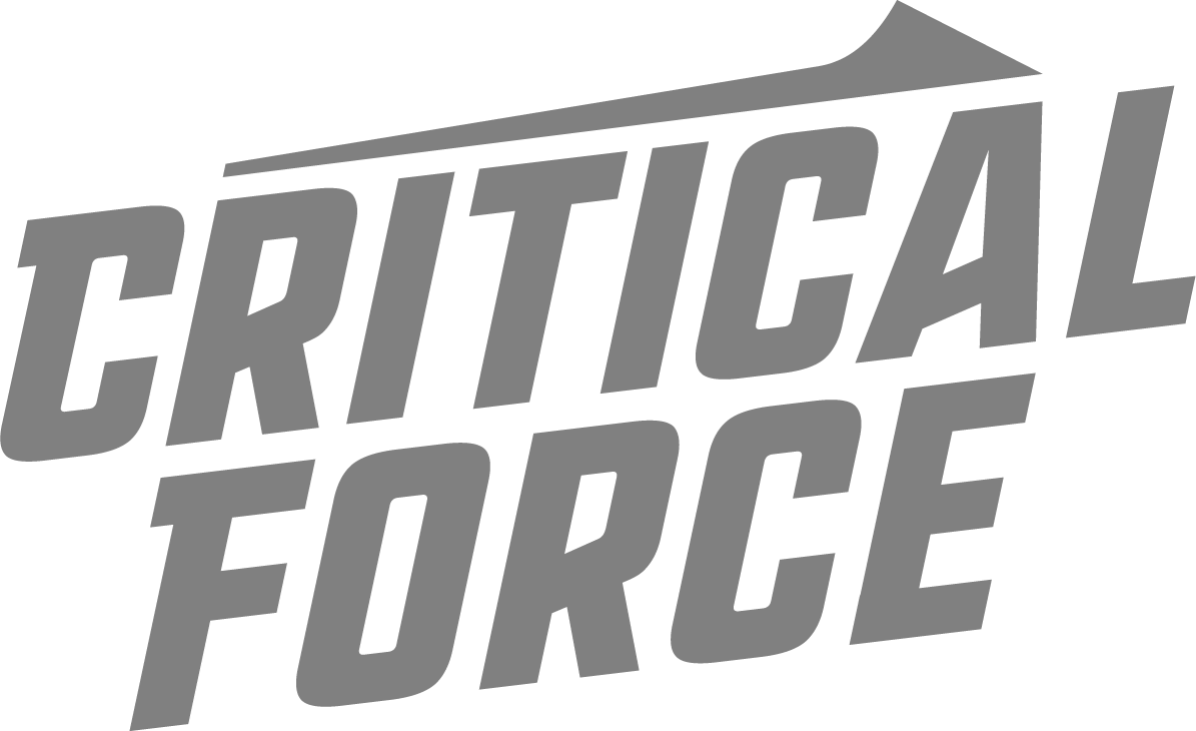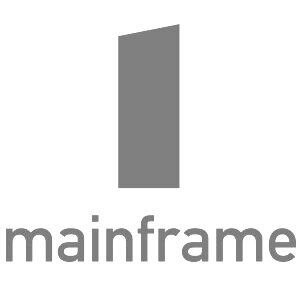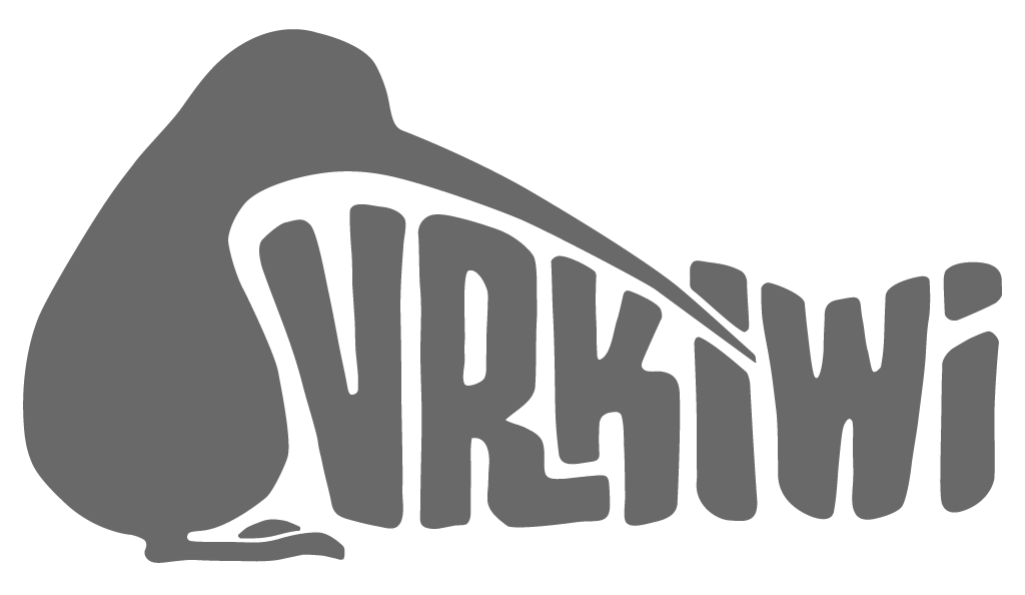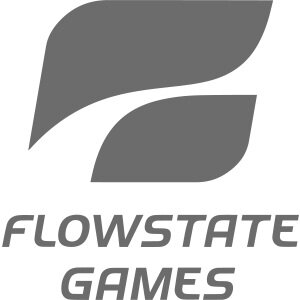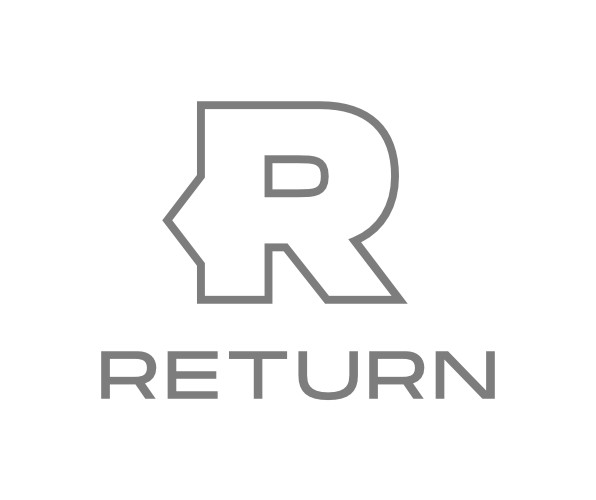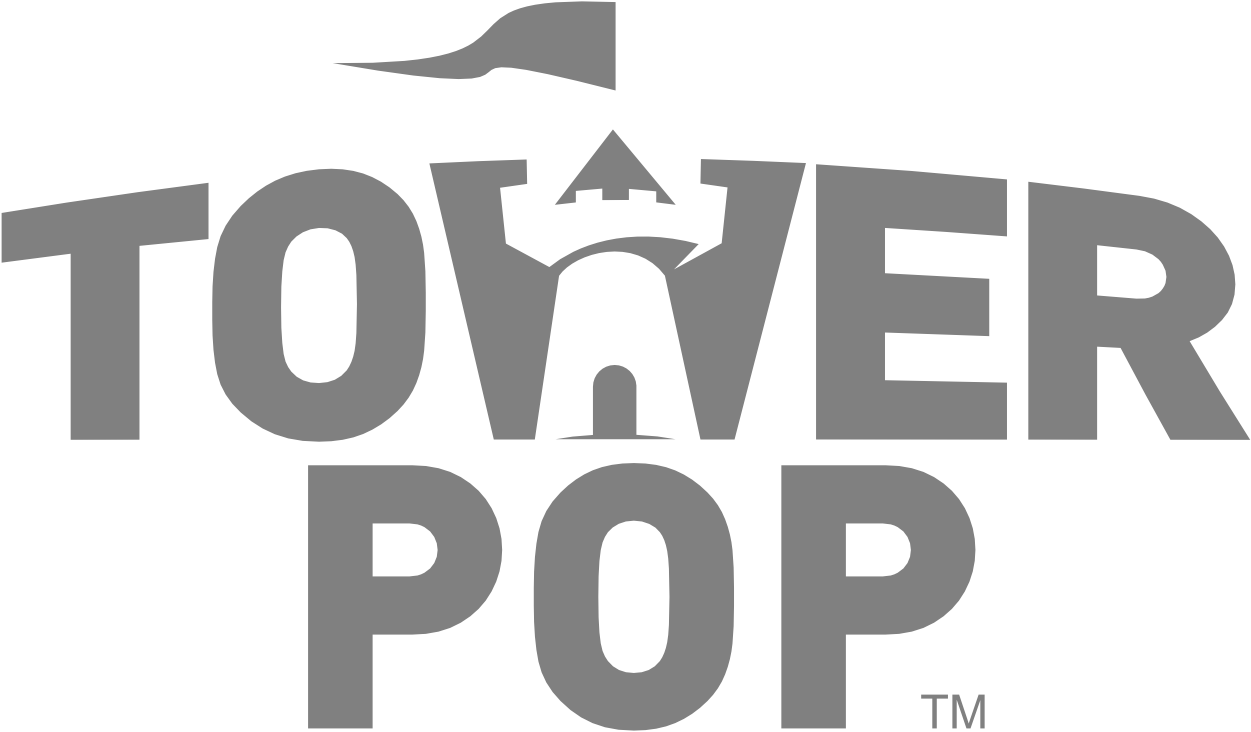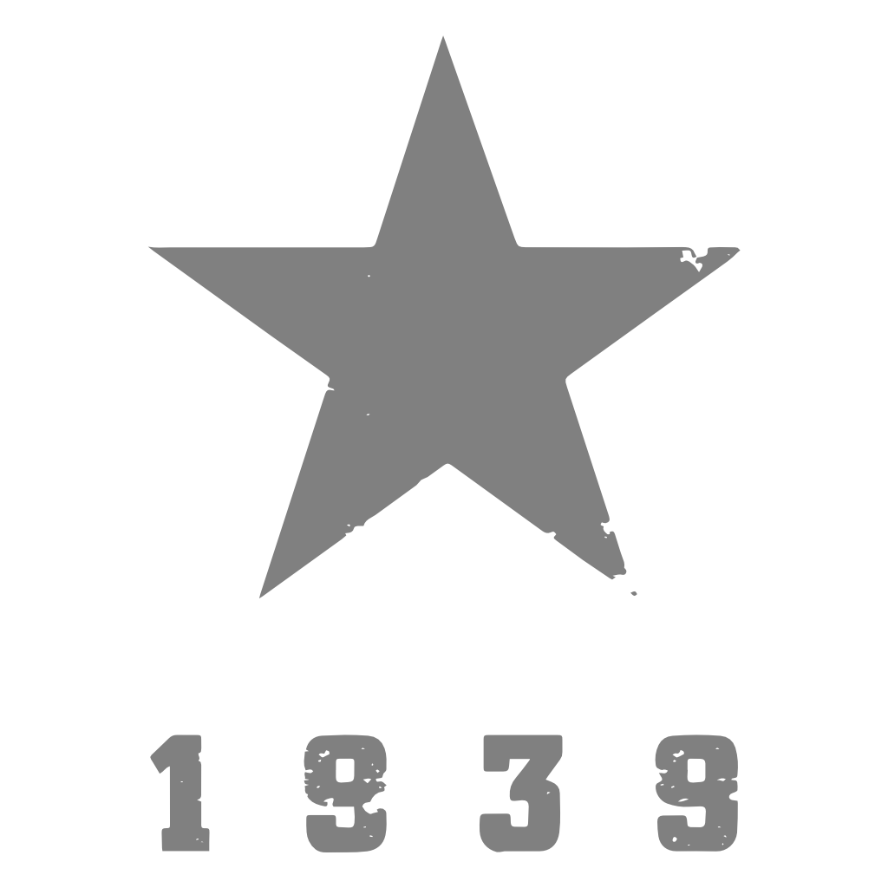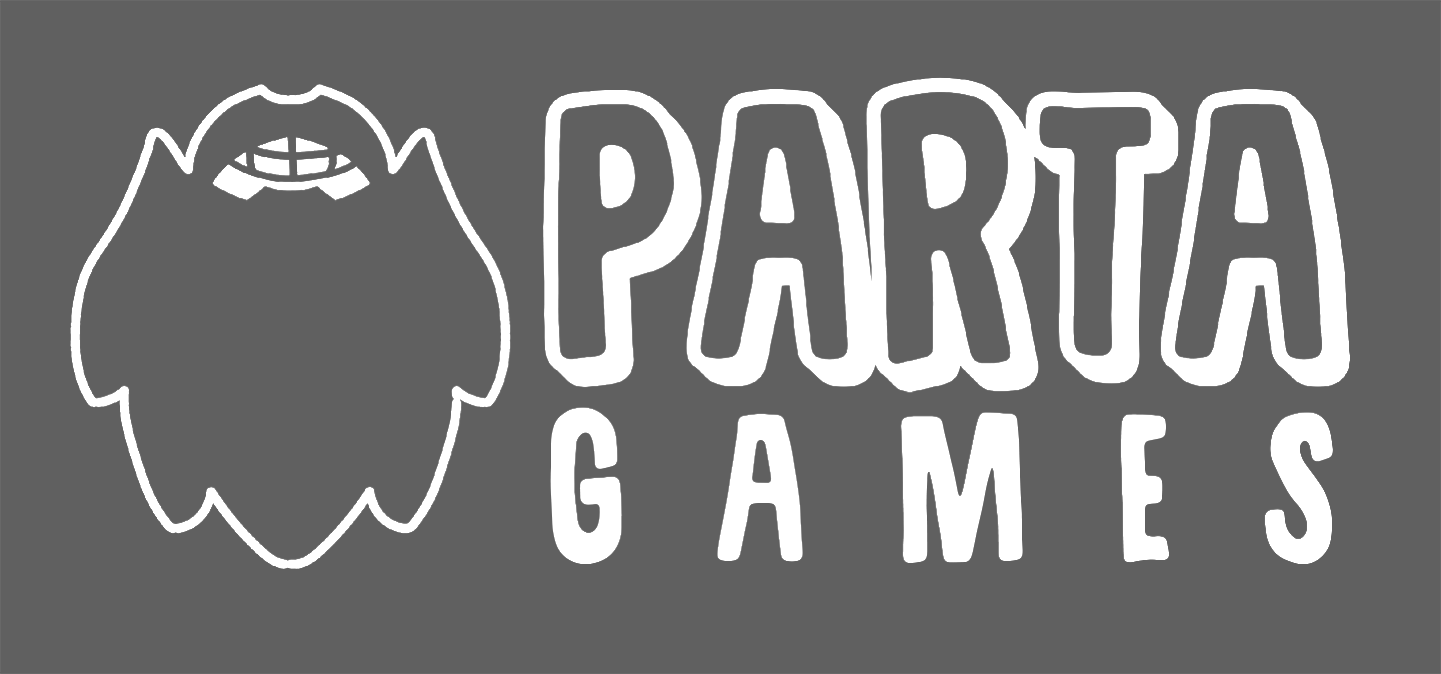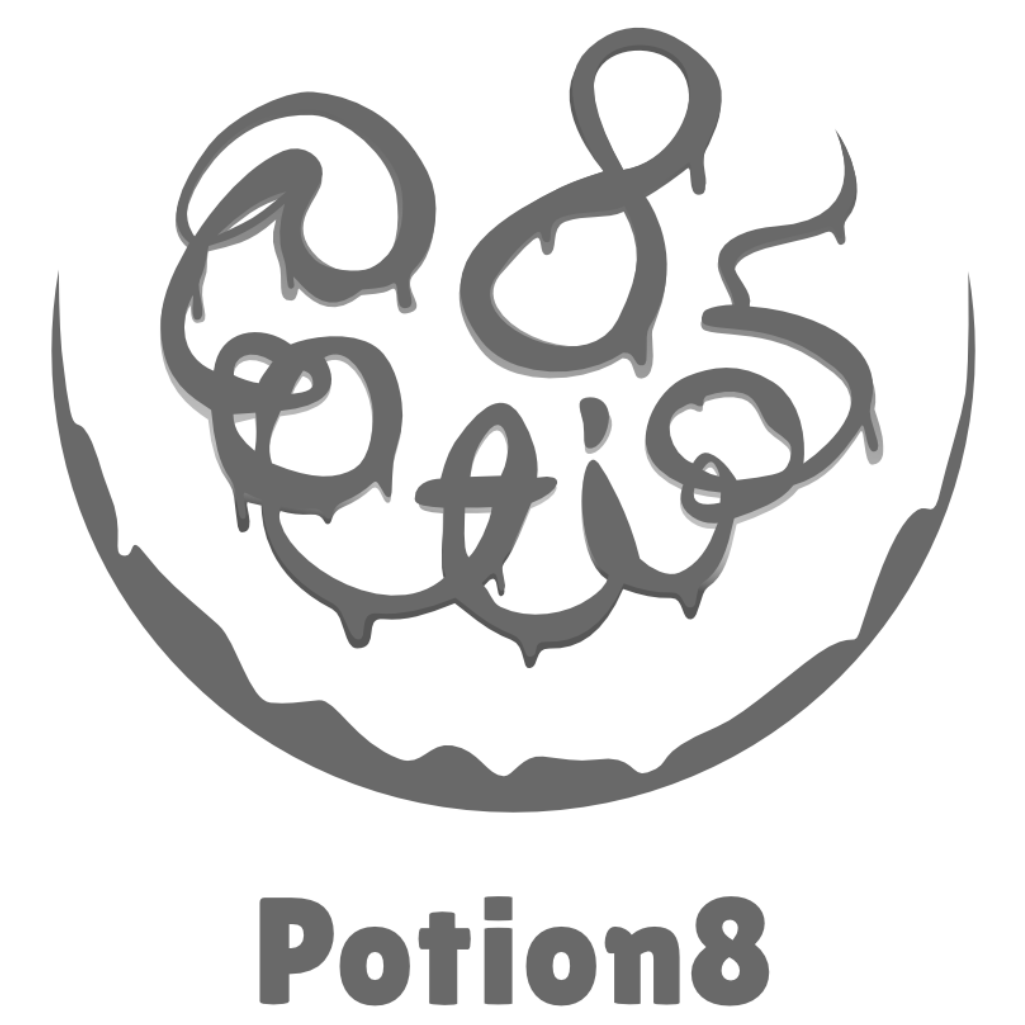IGDA Finland seminars + January Gathering with Metropolia: The Aftermath
/Happy New Year, folks! Time for the recap of the year’s first gathering, sponsored by Metropolia. Held in Maxine for the second time, the event was kicked off with a seminar on storytelling. A respectable number of people had braved the weather and knee-deep snow to tap into the knowledge of Mika JD Sorvari of Rival Games and Adam Mayes, Game Designer and subject responsible for the Uppsala University Game Design programme in Visby. The Devil in The Detail
Mr. Sorvari talked about the practical side of publishing their neo-noir crime adventure The Detail. The team’s goal was to create a five-episode season, and they decided to focus on the story instead of gameplay and puzzles. Their format, inspired by Telltale games and Dontnod’s Life is Strange, hasn’t really been overdone in the market, so they wanted to join the race and even do better! The game has been quite successful with 80/100 average rating on Steam, selling over 100,000 copies.
The presentation provided delightful insight into a game writer’s job and some of the choices they face when writing a modular story. Mr. Sorvari described to us several ways to structure such writing, from the relatively simple “String of pearls”, where storylines come together every so often in the same place, through the “Diverging Paths”, which can be more fun for the player with its multiple independent story streaks, to the “Full Octopus”, which appeared to be a mix of both. Some choices may skip some parts of the plot entirely, for instance, but there would still be an abundance of possible outcomes. All structures need to balance meaningful choices with available resources.
Mr. Sorvari emphasised the importance of “mid-level choices”. Often you may be faced with the fact that your choices are often either completely trivial or absolutely life and death. Giving the player choices from the middle ground can be very satisfying, especially if they lead to concrete outcomes – possibly even later in the game.
For keeping all of this together, Mr. Sorvari introduced us briefly to his most important tool, articy:draft. It’s a professional game design software, especially powerful in organising modular writing. Beat the dead horse until it stops spitting out money, or, You’re doing stories wrong Mr. Mayes took us on a (at times absolutely hilarious) whirlwind tour of good storytelling principles. He started with “cussing out lazy, feckless narratives and the people who buy them” (his words, not ours!). But there was more to it. According to Mr. Mayes, since we have this massive new storytelling media with millions of consumers, we should make something other than Michael Bay movies with it. So how? Taking storytelling apart, we have the narrative: a simple telling of events. ”The floating hands and gun flew into a room. The floating hands and gun killed some people.”
A plot then, is a sequence of events with a causal link. “The king died, and then the queen died of grief.” And then, of course, you have your characters. Mr. Mayes showed us a quote from Matt Burnett, the creator of the Steven Universe cartoon; he was asked whether his show was a character driven or a plot driven story or a bit of both. His answer: “Character driven. Plot means nothing without characters.” Alright, so what makes a good character? In short, Desire, and goals. What do they want? Why do they want it? Plot can’t be isolated from characters, because they are the ones creating the causal links that make up the plot! And if you link your player’s goals with your character’s goals, you’ll not only be telling a story through an interactive medium, but you actually engage the player and make them drive their own interactive story.
It doesn’t even need to be tedious. The adorable Steven Universe video (available in the slides) showed us that you can introduce characters and their motivation, lay down the backstory and push them towards the future in only a few minutes if you’re clever about it.
So what’s the problem? Why aren’t we already doing this? According to Mr. Mayes, the industry consensus seems to be that an interesting lead would make it harder for people to relate to the protagonist. Or that the players need to be able to see themselves as the protagonist, which clearly, as you can see, is usually the case.
Sure, the protagonist might be a supersoldier. And a cyborg. You’re also assassins. From the future. But it’s a blank character, immediately relatable to anyone!
And here came perhaps the most poignant words of the evening: since games are an interactive medium that can be the complex bearers of ideas, designers should not only be capable as designers. They should also be competent and responsible authors, who can express meaningfully through interactive systems.
One thing that games are brilliant at, according to Mr. Mayes, is character development: levelling up, getting more powers, getting more powerful equipment and so on. If you tie this mechanic to the player’s progression in the story, you let the player truly play through the story and not just sit back and watch the it unfold. All in all, these two very inspiring and educating presentations launched an excellent evening with many excited groups of people teaming up to discuss the themes among themselves and the speakers.
- Mr. Mayes’ presentation slides are available here!
Demo Corner Report
This month’s demo corner hosted games made by students and affiliates of Metropolia. By the time I got there, there were still six games to try out! Ilkka Räsänen from Mubik Entertainment was there to show off their company’s and Metropolia students’ collaboration, a musical snake game based on Mubik’s original musical quiz game. The goal of the game is to keep the snake alive by tapping on buttons, keeping to the rhythm of the song playing in the background. The company also make pure learning games with similar mechanics to be used in teaching children and treatment of memory patients. The game will be out for Android in February. Panu Siitonen, who currently works at the Metropolia Game studio, presented a 2D flying game called Al’s New Wings. Al is an albatross who has lost his wings, so he’s learned to fly a helicopter and found himself a new career saving people, animals, crates and ships that are in trouble at sea. Adorable! The game isn’t out yet, but iOS and Android releases are planned.
Trash Diver started out as a school project in Metropolia. It’s a post-apocalyptic underwater platformer inspired by the alarming trash situation of the Pacific Ocean. In a world where sea levels have risen critically, most resources are now trash in the bottom of the sea. The game features some puzzles and enemies, and the goal is to get resources to the surface. The demo version has three levels and is available on Playfield and IndieDB. Vulpine Games had brought their social space game, Last Planets. It’s a tactical mobile MMO in the spirit of Clash of Clans, set in space. Every player has their own planet, and you can team up with your friends. Rashad Hasanzade told us that they really aim to make it fun to play with friends, and that the social aspect comes first. There is an evil AI power called B.O.TS. you’re meant to stop from invading the galaxy destroying your home planet. The game looks really colourful and delicious and will be released for iOS.
Next up was Taphold Games with two games. Lead designer Konsta Kesälä told us about the Metropolia game design project their company formed around, the as of yet unreleased Buglantic Football. Refreshingly, the game is in fact a two-player hotseat game for mobile platforms! The idea is to bring people together over mobile devices, in the manner of board games. The teams move on a hex grid and attempt to score goals kicking around a wilful little bug who also moves if it has the space to do so. I was pleasantly reminded of old Heroes of Might and Magic mechanics, but the game requires some chess-like tactical thinking as well. The game will be published later for iOS, Android and PC, but the company is currently focusing on their recently published mobile puzzle game, SumTower. Elias Rantanen was there to introduce us to SumTower. The game has some match-three qualities, but the guys at Taphold wanted to do something different. In a 6x4 grid, you start with a screen full of blocks. Removing blocks makes the blocks fall down and similar colours combine, but as an extra twist, the blocks have numbers on them! When the blocks combine, the numbers on them are summed together. The game combines the incredibly addictive features of Candy Crush and 2048 while being quite original. I was instantly hooked! SumTower is available on Android, iOS release is pending.
What a fantastic gathering once again! See you all in February!
Photos by Daniel Schildt


